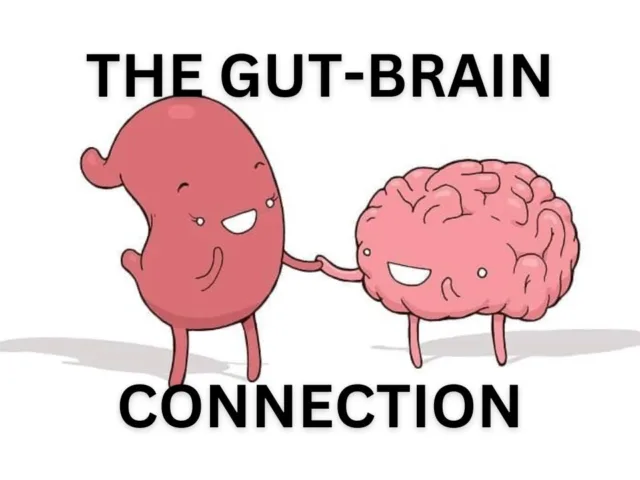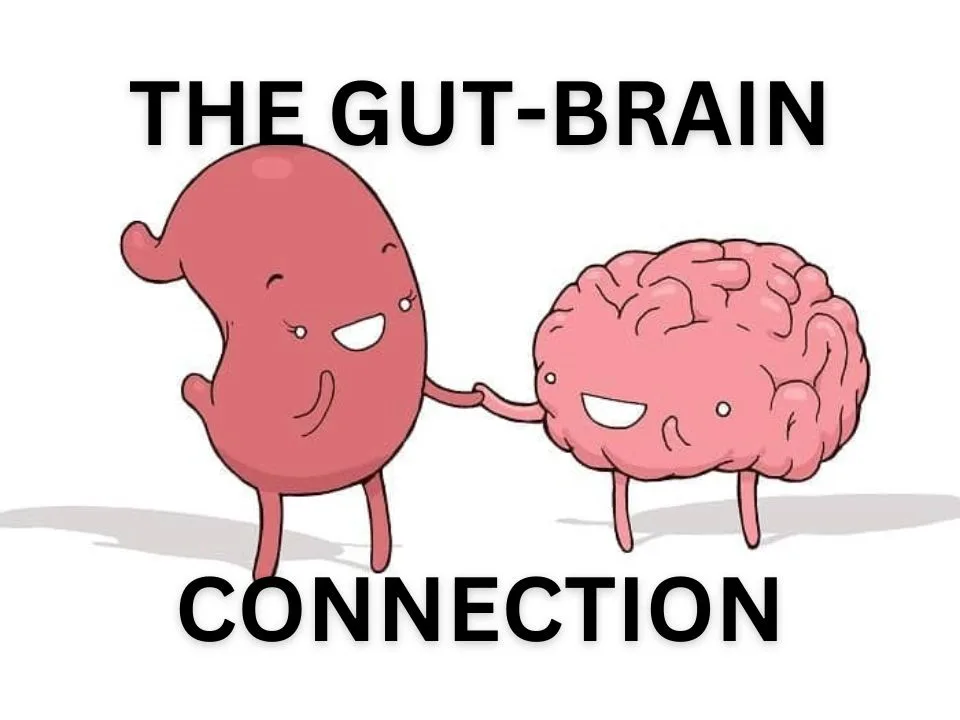
As we enter another academic year, it’s not only the weight of school bags filled with textbooks and supplies that increases. With each day that goes by, your child not only physically grows but also mentally expands, and their curiosity blossoms.
Nurturing Young Minds & Bodies

Image via Parenting.FirstCry.com
Amidst this whirlwind of growth and exploration, prioritizing the holistic development of our young learners is crucial. Every encounter and experience contributes not only to their academic skills but also to their overall well-being, emphasizing the importance of nurturing both their physical and mental health.
This article explores the critical role parents play in fostering optimal brain and gut health to support their children’s holistic development.
Nutritional Foundations For Brain Health

Image via Pacific Neuroscience Institute
Every progress made is a step closer to a brighter future for our children. As parents, we aspire for their thriving, aiding their physical and intellectual growth for a successful educational journey. One way to achieve this is through optimal brain development.
Were you aware that the ability to concentrate and focus is akin to a muscle that strengthens over time? It begins to take shape around the age of 4 and becomes more entrenched by age 6. Before simply urging your child to “just pay attention,” recognize that fostering this skill demands various forms of parental support.
How can you contribute to the cultivation of this “muscle”? Firstly, nutrition plays a pivotal role. The brain necessitates proper nourishment to function at its peak, emphasizing the importance of providing your child with a diverse range of nutrient-rich foods.
This encompasses fruits, vegetables, whole grains, lean proteins, and healthy fats, along with essential vitamins and minerals indispensable for brain health. Moreover, integrating foods abundant in omega-3 fatty acids, such as salmon, walnuts, and flaxseeds, has also been associated with enhanced cognitive function and attention span.
Check out these 17 superfoods that are good for your health.
The Gut-Brain Connection
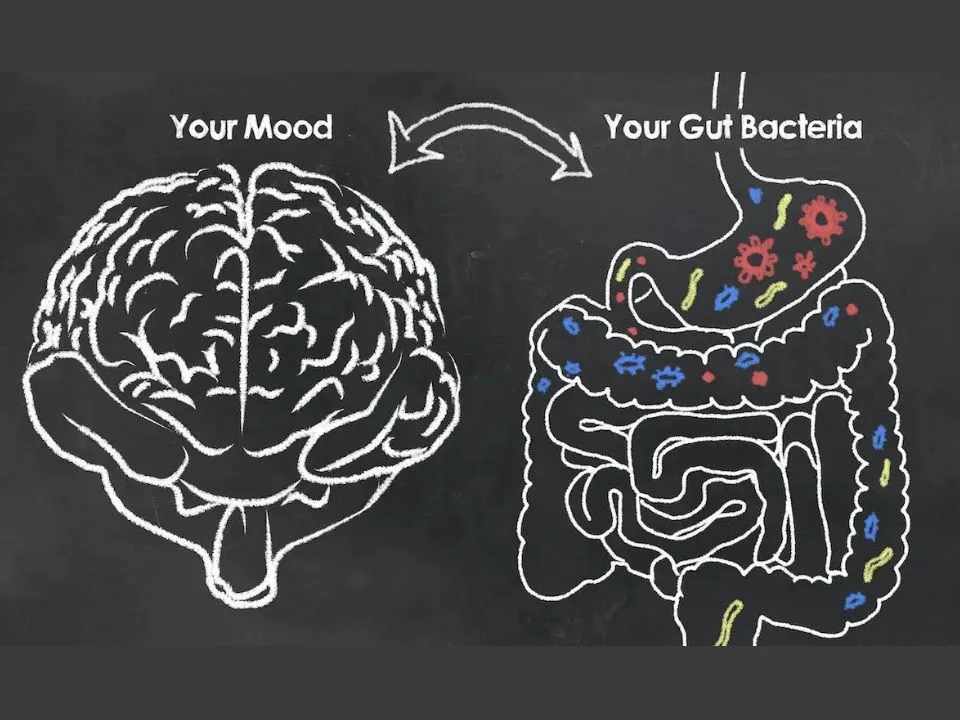
Image via Genesis Medical Scheme
Another crucial point to consider is the direct impact of gut health on brain health. The interconnectedness of these two systems means that issues with digestion often coincide with neurological issues.
Regrettably, numerous children experience digestive issues such as constipation, diarrhea, bloating, and general abdominal discomfort. It’s observable that during such episodes, children may exhibit mood swings, restlessness, diminished focus, and disrupted sleep patterns – all of which can detrimentally affect their ability to learn.
This underscores the significance of maintaining gut health for optimal brain function. Beneficial gut bacteria, known as microbes, generate numerous signals that aid in learning and memory processes. Conversely, an overgrowth of harmful bacteria in the gut can diminish the efficacy of these signals, making it challenging for children to concentrate.
Furthermore, a healthy gut is integral to a robust immune system. The gut plays a pivotal role, constituting 70% of the body’s immune system and serving as its primary defense against infections. At the heart of this defense mechanism are the microbes residing in the gut. Achieving a harmonious balance between beneficial and harmful microbes is crucial to alerting the body’s immune cells to potential threats, thus bolstering immunity and equipping children to fend off illnesses effectively.
Supplementing For Optimal Health
While wholesome foods form the foundation of a healthy diet, supplements can serve as valuable complements to address potential nutritional gaps. So, what choices are available to support gut health and optimal brain function? The certified nutritionist from LAC Malaysia, Cynthia Jetan shares:
Probiotics is firstly recommended for healthy digestion so the body can digest and absorb nutrients better. Good bacteria balance also means a stronger immune system. Meanwhile, omega-3 DHA can support learning abilities through better focus, concentration, memory, and cognitive function,
The abundance of brands, textures, and formulations on the market makes it a bit more difficult for parents to choose. Here are some suggestions from Cynthia Jetan:
Buy from reputable brands so you can be assured of safety and effectiveness. Always read the label. A reputable brand would have important information such as dosage and intake direction, ingredients, and allergen information. Look out for products that are free of fillers, artificial flavours, food dyes, and preservatives. The product should be specifically formulated for kids with the recommended dosage.
Cynthia Jetan, Certified Nutritionist from LAC Malaysia
Introducing LAC Junior Range: Supporting Growth & Development
To facilitate parents in their quest for optimal health for their children, LAC Junior range is the answer! The LAC Malaysia Junior range is crafted to provide parents with the necessary tools to foster their child’s gut health and cognitive growth.
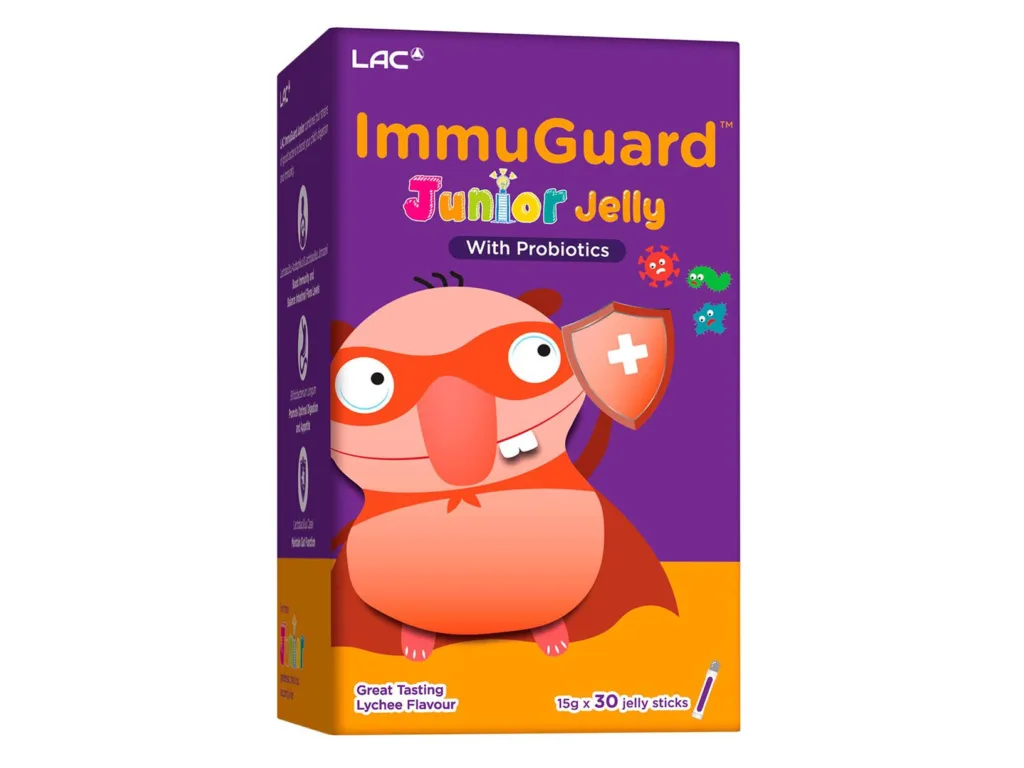
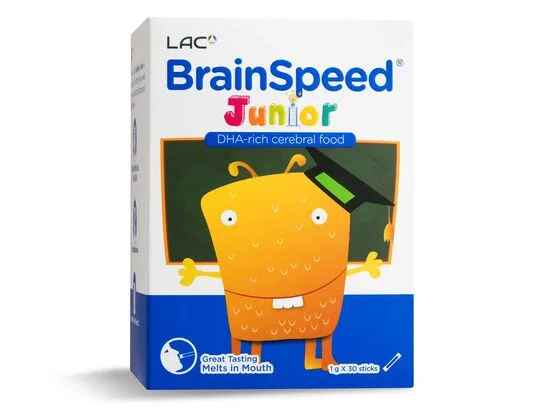
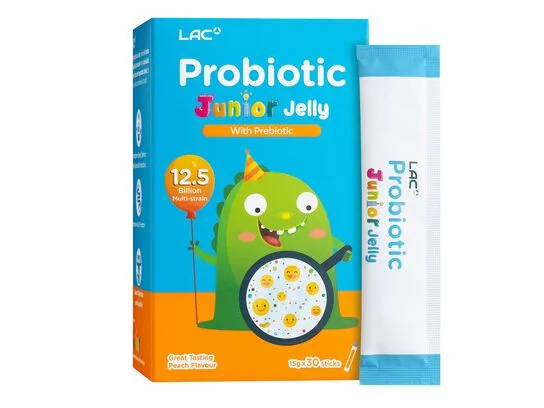
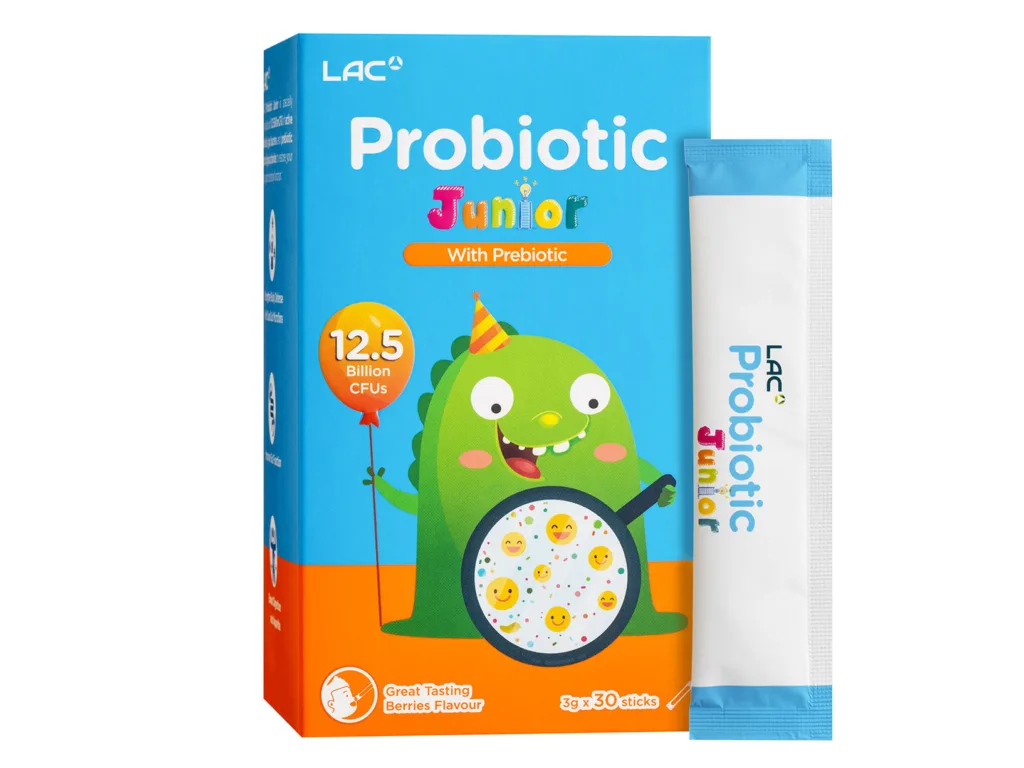
Products such as LAC ImmuGuard Junior Jelly with Probiotics, LAC Probiotic Junior 12.5 billion CFUs, and LAC Probiotic Junior Jelly with Prebiotic 12.5 billion Multi-strain offer diverse options for parents to assist in their child’s digestion and nutrient uptake, promoting overall healthy development through specialized formulations containing beneficial gut bacteria.
Additionally, LAC BrainSpeed® Junior offers a unique blend tailored to enhance brain function, supporting the mental development of young and growing minds.
For this purpose, the LAC Junior range offers two child-friendly formats – jelly and powder – allowing children to enjoy their supplements in a fun and enjoyable manner. They are also convenient to carry to school and consume during meals or breaks between classes. Additionally, the range is available in delicious, naturally-derived flavors. As with all health-related matters, it is advisable to consult with your pediatrician before introducing any supplements.
It’s vital to recognize that supplements should be viewed as complementary aids rather than substitutes for a balanced diet. Supplements serve as valuable tools when dietary requirements are not fully met. Therefore, think of supplements as supportive allies in enhancing your child’s well-being, enabling them to relish their childhood while thriving and developing healthily.




